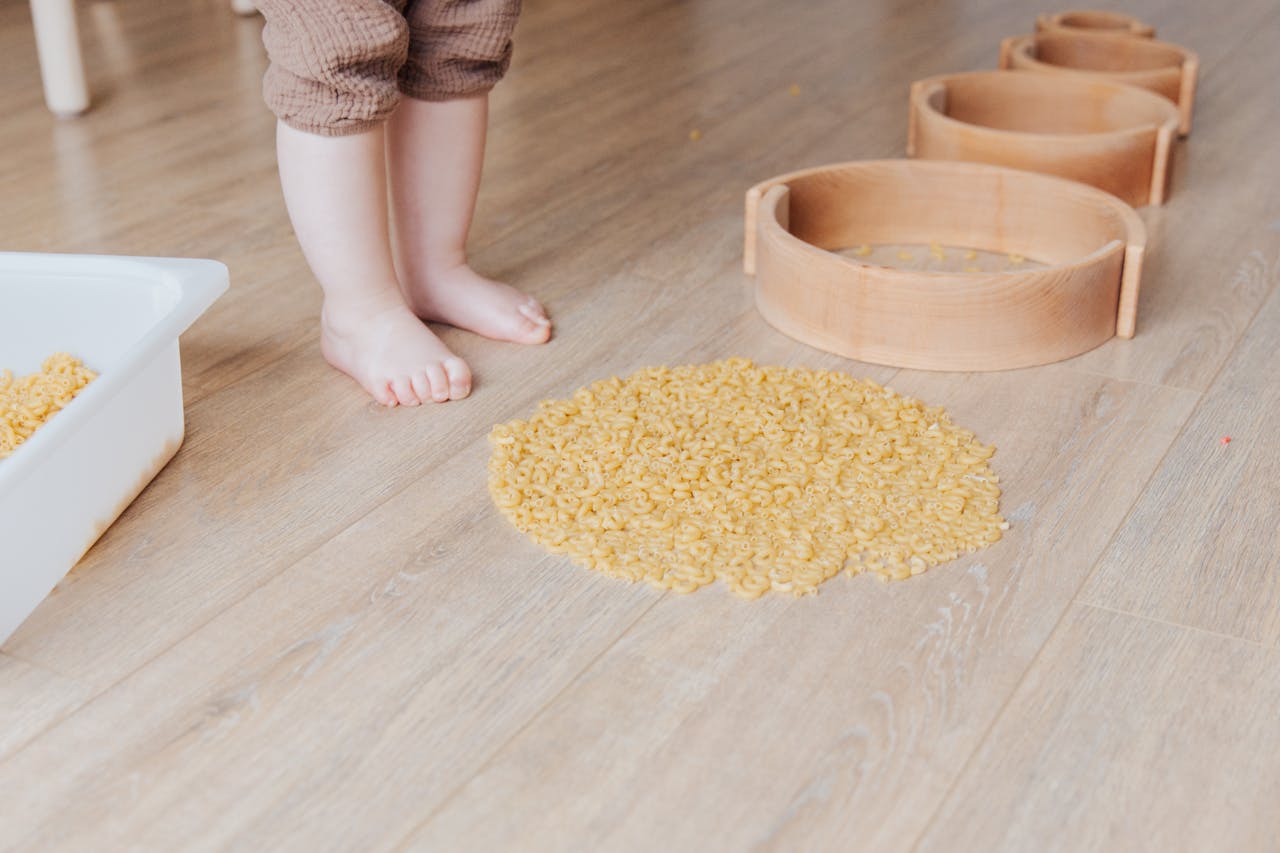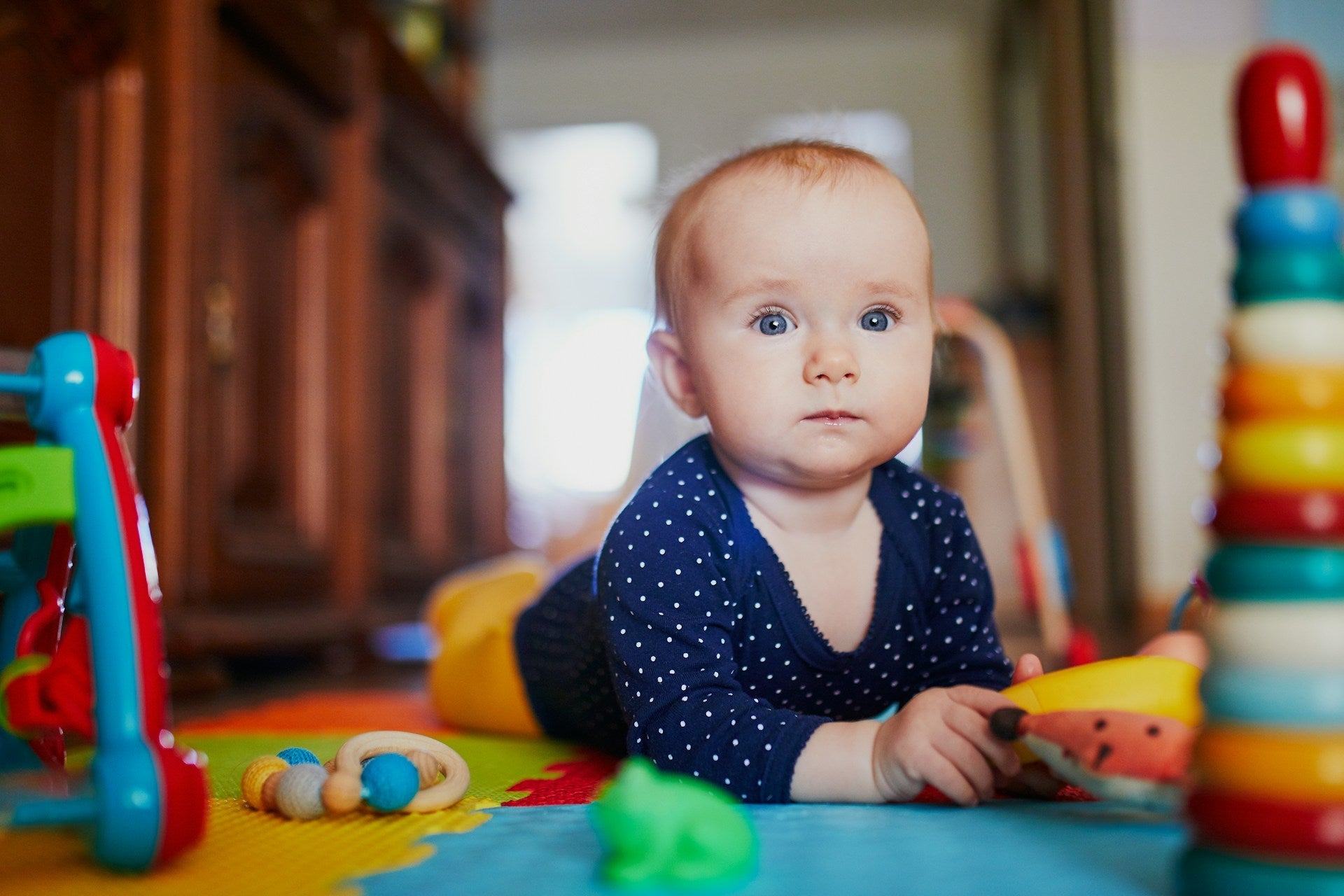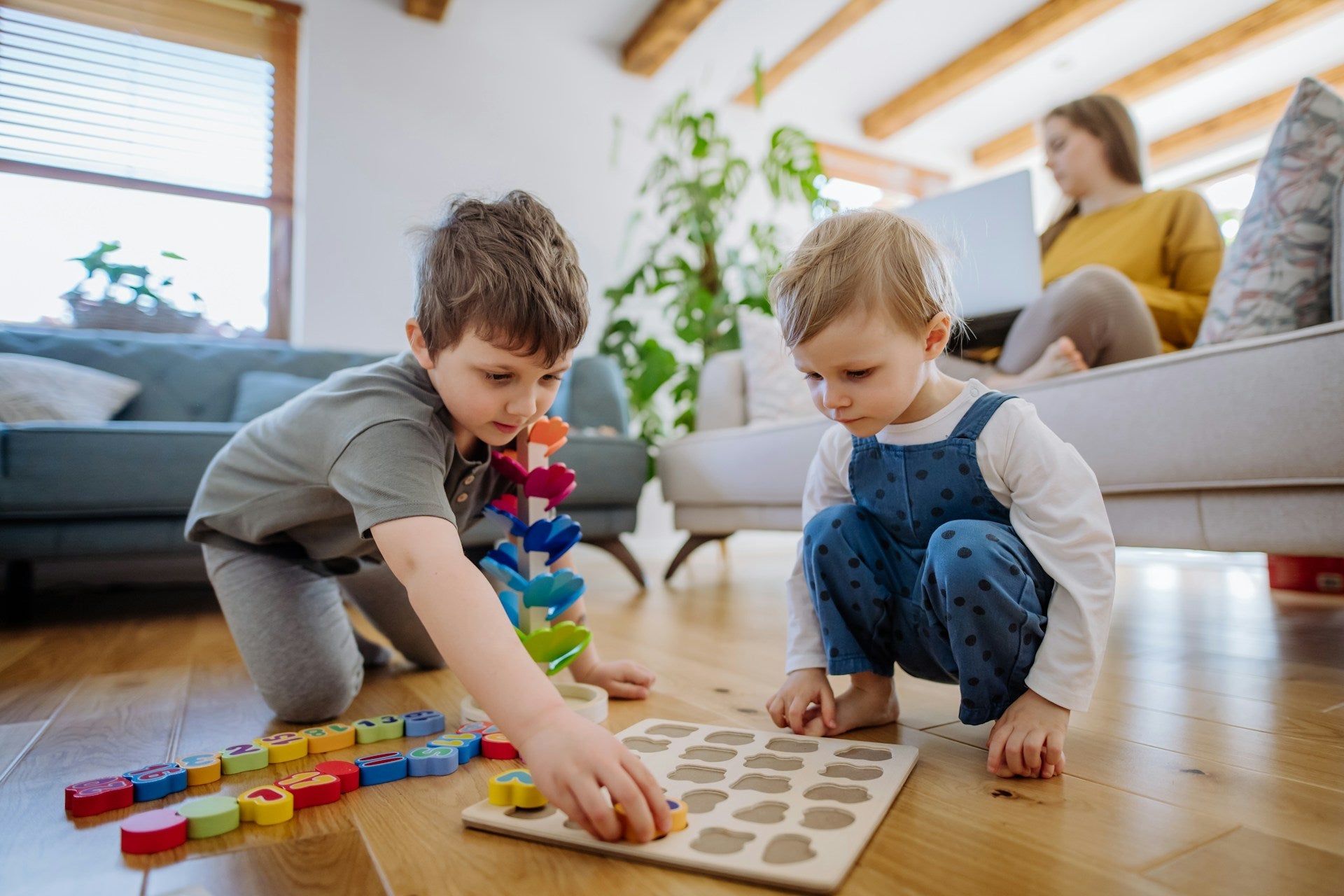Understanding the Importance of Sensory Play in Montessori Education

Sensory play is a vital part of a child's growth, especially in the early years. It's more than just fun; it serves as a building block for developing crucial skills. Sensory activities help children interact with the world around them, boosting their physical abilities and cognitive understanding. As they touch, feel, and explore different textures, kids enhance their ability to process information and respond to their environment.
In the Montessori education approach, sensory play is considered an essential element for fostering a child's learning potential. This method encourages children to explore at their own pace, providing a hands-on experience that is both engaging and educational. By integrating sensory materials in daily activities, Montessori settings create opportunities for children to refine their senses while developing concentration and independent thinking.
Emphasizing sensory play within a Montessori framework allows children to build their skills in a supportive and nurturing environment. It encourages curiosity and sparks a love for learning, setting the stage for holistic development and lifelong growth. Understanding these benefits can empower parents and educators to create enriching experiences that cater to children's natural curiosity and need for discovery.
The Role of Sensory Play in Child Development
Sensory play involves activities that stimulate a child's senses: touch, smell, taste, sight, and hearing. These activities are crucial during early childhood because they help children understand and interact with their environment. By engaging in sensory play, kids explore different textures, colors, and sounds, which fuels their curiosity and enhances their learning.
Sensory activities play a significant role in cognitive and physical development. For instance, when children manipulate objects like sand, water, or dough, they use fine motor skills, improving hand-eye coordination and muscle control. At the same time, sensory play enhances cognitive abilities by promoting problem-solving and critical thinking. As children explore, they learn to categorize, compare, and predict outcomes.
The connection between sensory experiences and learning outcomes is profound. Kids who engage in sensory play tend to develop better language skills as they describe their experiences and the sensations they feel. This type of play also encourages social interaction, especially in group settings, where children can work together, share ideas, and communicate their thoughts. Overall, sensory play creates a solid foundation for academic and personal growth, making it a vital component of early education.
Montessori Philosophy and Sensory Engagement
Montessori education strongly emphasizes sensory development as a pathway to learning. This approach focuses on creating environments where children can discover through their senses. By engaging with materials like fabric, wood, or metal, children refine their perceptual abilities and gain a deeper understanding of their world.
Hands-on exploration is a cornerstone of the Montessori method. In these settings, children are encouraged to use their senses to explore materials freely. This kind of learning environment promotes autonomy and self-motivation, allowing kids to learn at their own pace. Activities such as sorting objects by texture, color, or temperature help children develop sensory discrimination, a key skill in cognitive processing.
Sensory materials in Montessori classrooms are carefully chosen to facilitate learning. For instance, children might work with sandpaper letters to connect touch with visual recognition, or they might use sound cylinders to distinguish different pitches. These tools are designed to engage the senses in ways that enhance memory and understanding. By fostering an environment where sensory experiences are part of the daily routine, Montessori education provides a holistic framework for child development, nurturing curiosity and lifelong learning skills.
Creating Sensory Activities at Home
Bringing sensory play into your home doesn't require fancy toys or equipment. Many simple, everyday activities can provide rich sensory experiences for children. Here are some Montessori-inspired ideas to try:
- Water Play: Fill a basin with water and add cups, spoons, and sponges. Children love pouring and transferring water, which helps develop their hand-eye coordination.
- Sand or Rice Bin: Create a sensory bin using sand or uncooked rice. Bury small toys or objects for children to find, enhancing their sense of touch and concentration.
- Art with Texture: Offer materials like clay, finger paints, or textured paper. Let kids explore and create freely, promoting fine motor skills and creativity.
- Nature Exploration: Go on a nature walk and collect leaves, stones, and sticks. Discuss their textures and colors, engaging multiple senses.
For sensory play, safety and enjoyment are key. Always supervise activities to ensure they are appropriate for your child's age and development level. Encourage children to express what they feel and observe, which enriches the learning experience. With a little creativity, you can turn ordinary activities into sensory adventures that inspire curiosity and growth.
Benefits of Sensory Play in Montessori Education
Sensory play offers numerous advantages, especially in a Montessori setting. One of the most significant benefits is the enhancement of focus and concentration. When children are deeply engaged in sensory activities, they tend to concentrate for extended periods, developing these critical skills.
These activities also foster independence and problem-solving abilities. As children explore sensory materials, they often encounter challenges that require them to think and act independently. This kind of play encourages decision-making and boosts confidence as kids realize they can solve problems on their own.
Long-term benefits of sensory play include holistic development, where a child's emotional, social, and intellectual abilities grow in harmony. Engaging in sensory play allows children to explore their emotions, express themselves, and interact with peers in meaningful ways. It sets the stage for lifelong learning and adaptability, skills that are essential for future success and personal fulfillment.
Conclusion
Understanding and integrating sensory play within a Montessori framework can significantly impact a child's development. By offering opportunities for hands-on exploration, we encourage kids to discover the world around them and develop essential skills. Whether at home or in a Montessori classroom, sensory activities nurture curiosity, creativity, and resilience.
As parents and educators, embracing sensory play helps create environments where children can thrive. It allows them to learn and grow at their own pace, embracing their unique abilities and preferences. Sensory play is more than just a fun pastime; it's a foundational element in fostering well-rounded growth and lifelong learning.
Are you eager to enhance your child's development through sensory play and Montessori principles? At Hatchberry, we're dedicated to providing you with the resources and support you need. Explore our range of Montessori products and expert guidance to create enriching sensory experiences for your little ones. Take the first step towards nurturing a curious and confident learner today!








